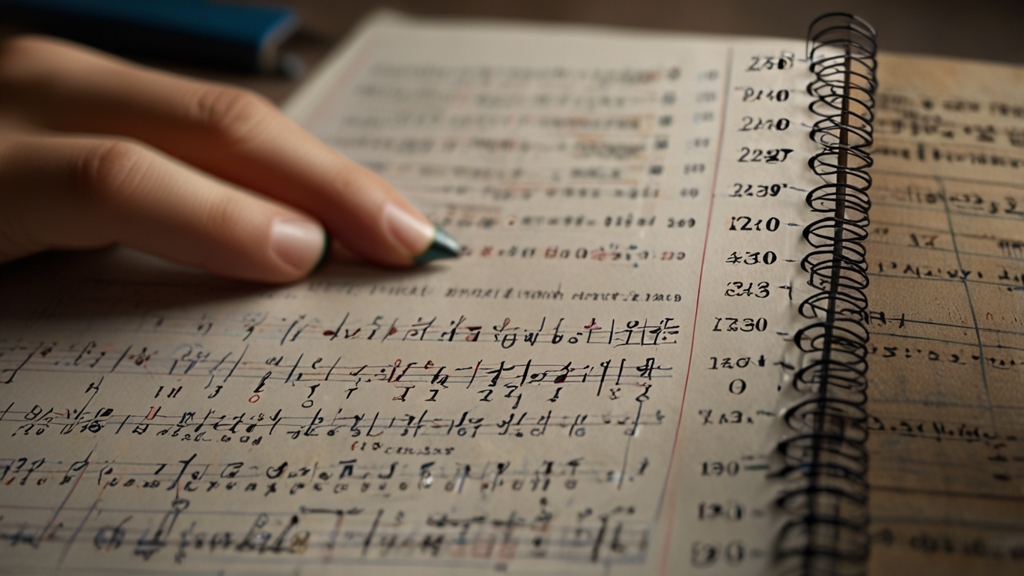The Exodus Story: A Mirror to Human Nature
The Exodus story, as depicted in the Hebrew Bible, is one of the most compelling narratives in religious literature. It chronicles the journey of the Israelites from slavery in Egypt to freedom in the Promised Land, under the leadership of Moses. Beyond its importance as a religious text, the Exodus story provides profound insights into human nature, revealing both its strengths and vulnerabilities.
The Desire for Freedom
At the heart of the Exodus story lies the universal human desire for freedom. The Israelites' plight as slaves in Egypt represents the suffering and oppression that many people have faced throughout history. Their yearning for liberation resonates deeply with the human spirit's inherent drive towards autonomy and self-determination.
The Israelites groaned in their slavery and cried out, and their cry for help because of their slavery went up to God. (Exodus 2:23)
This cry for help signifies an essential aspect of human nature: the relentless pursuit of freedom. It underscores the idea that people will always strive to break free from the chains that bind them, whether they are physical, psychological, or social.
Faith and Leadership
The Exodus story also highlights the significance of faith and leadership. Moses emerges as a pivotal figure who leads his people out of bondage, guided by his unwavering faith. His story showcases the qualities of a true leader: courage, resilience, and a deep sense of duty.
However, Moses' journey is not one of divine perfection. He experiences doubt, frustration, and moments of weakness, reflecting the human condition. His interactions with God reveal a complex relationship built on trust and confrontation.
Moses said to the Lord, “Pardon your servant, Lord. I have never been eloquent, neither in the past nor since you have spoken to your servant. I am slow of speech and tongue.” (Exodus 4:10)
This passage underscores that great leaders are not without flaws. Instead, it is their ability to confront their insecurities and persevere that sets them apart. Moses' journey is a testament to the power of faith and the importance of strong, compassionate leadership.
The Struggle with Doubt and Fear
The narrative also delves into the human struggle with doubt and fear. Despite witnessing miracles and divine interventions, the Israelites frequently waver in their faith. Their journey through the desert is marked by grumbling, disobedience, and hesitation.
When they face difficulties, their instinct is often to revert to the familiar, even if it means returning to bondage. This regression illustrates a fundamental aspect of human nature: the fear of the unknown and the comfort of familiarity, even if that familiarity comes with suffering.
They said to Moses, “Was it because there were no graves in Egypt that you brought us to the desert to die? What have you done to us by bringing us out of Egypt?” (Exodus 14:11)
This reflection of human behavior highlights the struggle between faith and fear. It suggests that while humanity is capable of great endurance and belief, it is equally susceptible to doubt and the longing for security.
The Quest for Identity and Purpose
Throughout the Exodus, the Israelites are on a quest not just for a homeland, but for identity and purpose. Their journey to the Promised Land is symbolic of every human's search for meaning in life. The laws and commandments they receive are not merely rules but are intended to forge a collective identity and a sense of purpose.
This quest is a universal human experience. People everywhere seek to understand who they are, the purpose of their existence, and their place in the broader tapestry of life. The story of the Exodus encapsulates this journey of self-discovery and the trials that accompany it.
Conclusion
The Exodus story is more than a tale of ancient liberation; it is a reflection of human nature, capturing the essence of our collective struggles and aspirations. It portrays the profound human desire for freedom, the importance of faith and leadership, the battle with doubt and fear, and the quest for identity and purpose. In examining this timeless narrative, we gain insight into the core aspects of what it means to be human, reminding us of our enduring spirit and the eternal quest for a better tomorrow.





